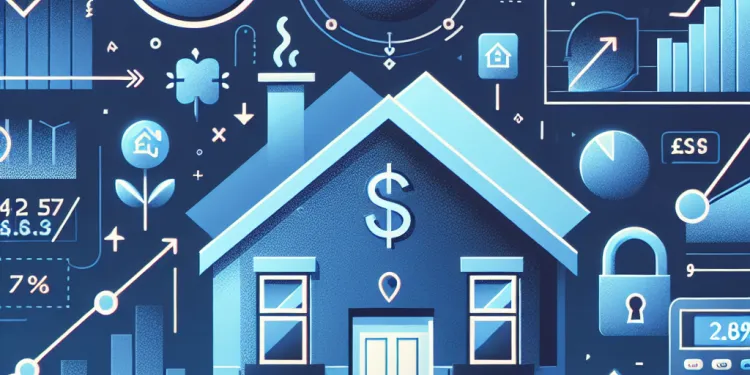
Find Help
More Items From Ergsy search
-

Will my fixed-rate mortgage payments change with interest rate fluctuations?
Relevance: 100%
-

How do interest rate changes affect my mortgage payments?
Relevance: 68%
-
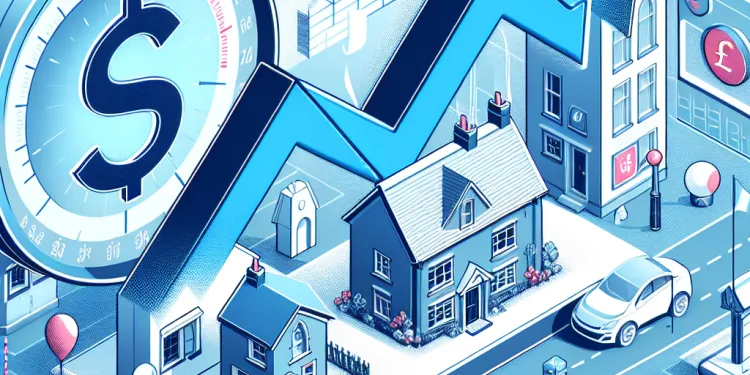
What is a tracker mortgage and how does it respond to interest rate changes?
Relevance: 66%
-
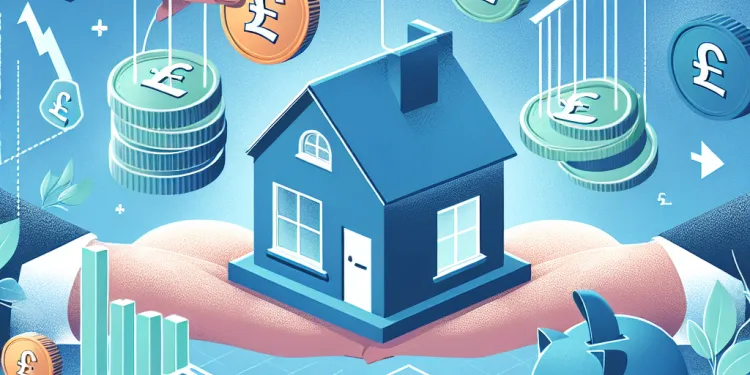
Is it possible to switch my mortgage type if interest rates become unfavourable?
Relevance: 63%
-

What happens to my monthly payments if interest rates rise?
Relevance: 56%
-
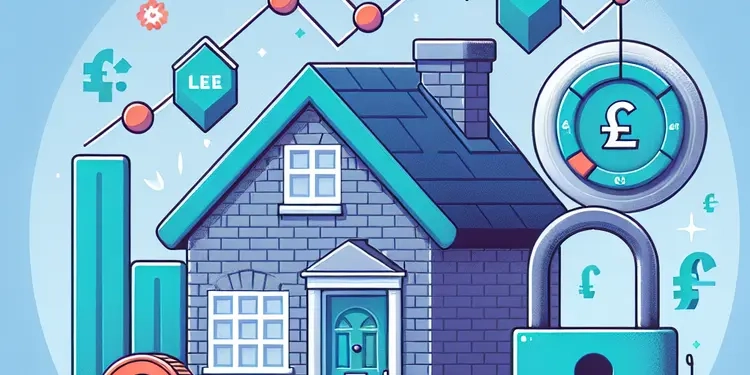
What does it mean to "Fix My Mortgage Rate"?
Relevance: 55%
-
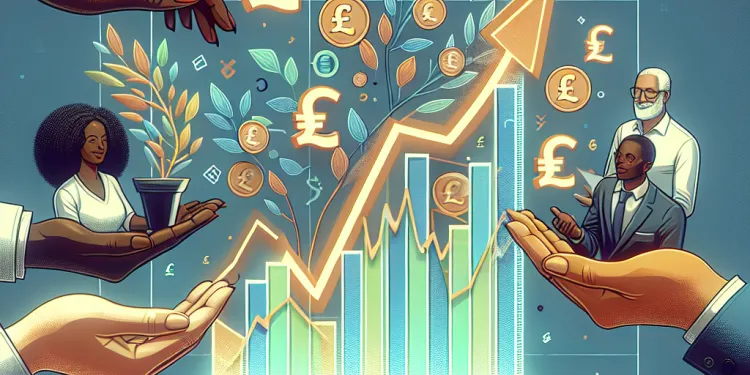
Major Banks Announce Changes in Interest Rates: Are You Affected?
Relevance: 53%
-
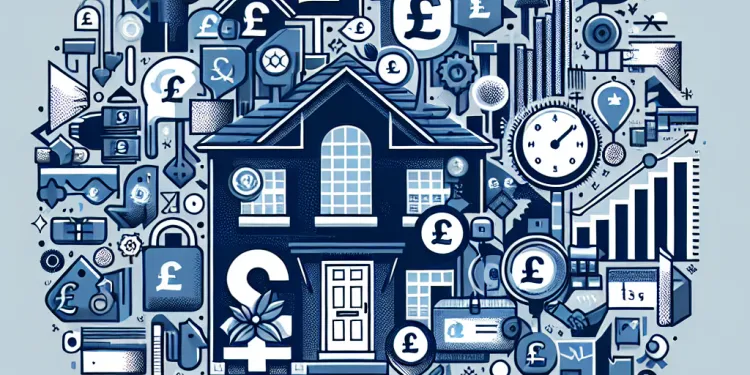
Are first-time buyers affected differently by interest rate changes?
Relevance: 51%
-
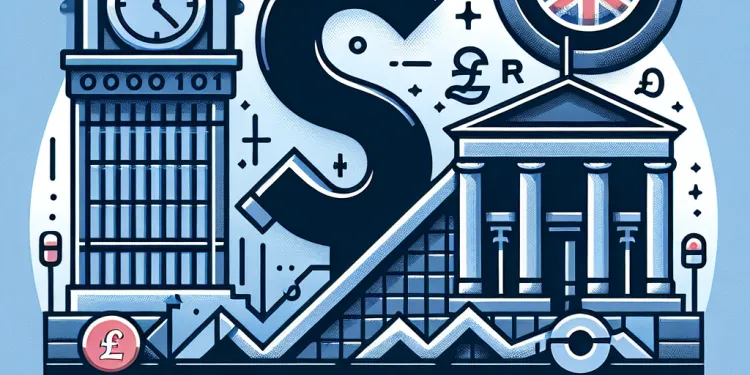
What is an SVR and how does it relate to interest rate changes?
Relevance: 49%
-

How can I protect myself from rising interest rates?
Relevance: 48%
-
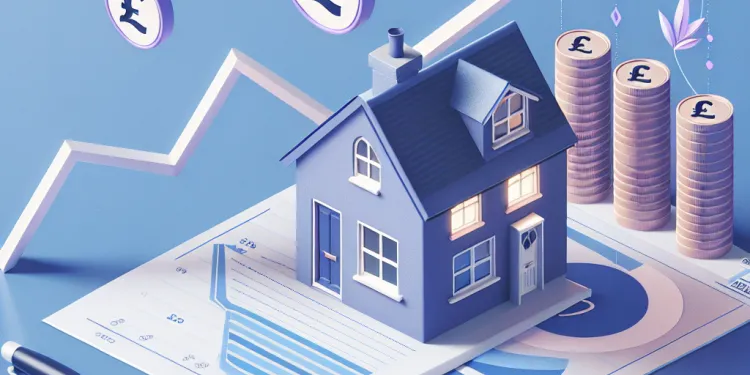
What should I do if I can't afford my mortgage payments due to rising interest rates?
Relevance: 48%
-
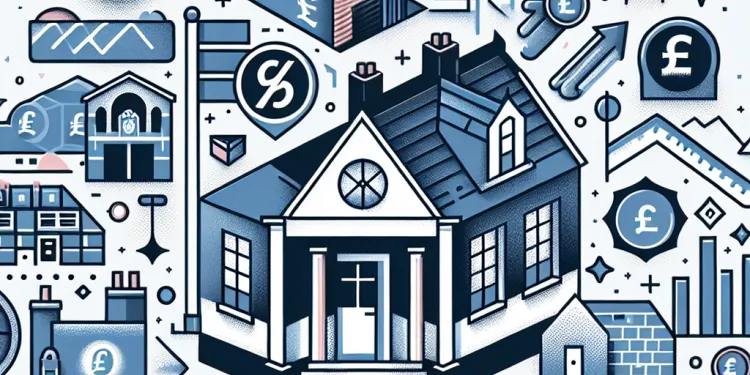
Can my lender change my interest rate without notification?
Relevance: 46%
-
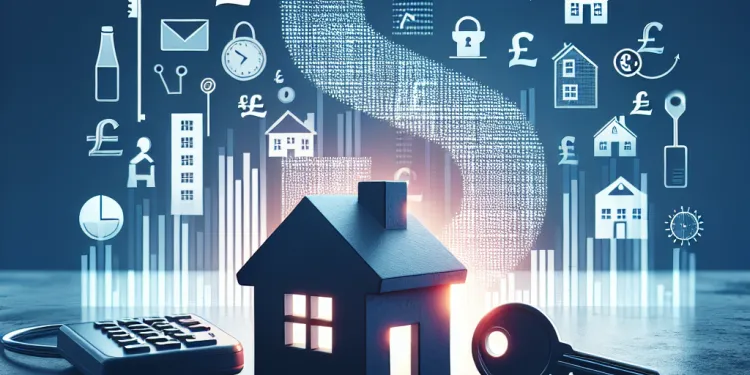
What is an 'interest only' mortgage?
Relevance: 45%
-

Why do interest rates rise and fall?
Relevance: 39%
-

How does interest rate affect my car finance agreement?
Relevance: 37%
-

How do better interest rates help me save money?
Relevance: 35%
-
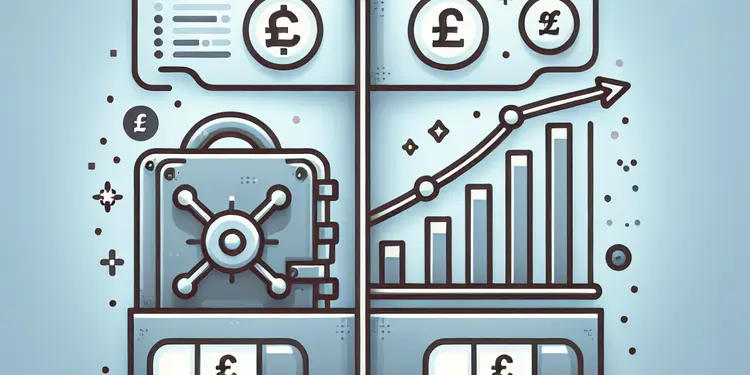
Can fixed-rate tariffs offer better price stability compared to variable tariffs?
Relevance: 35%
-
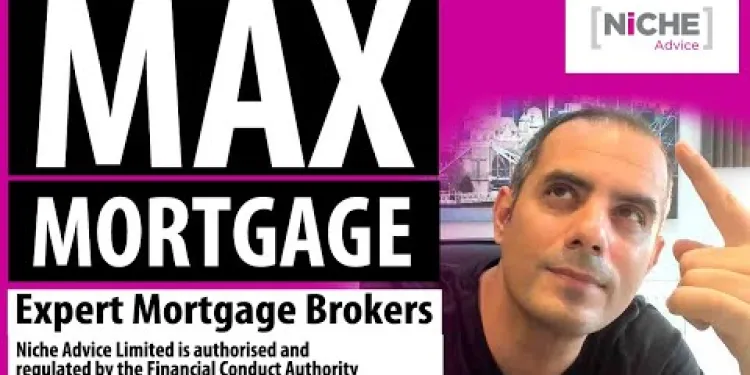
How much can I borrow for a mortgage UK - getting the Maximum Mortgage
Relevance: 35%
-

Can interest rates on student loans be reduced?
Relevance: 34%
-
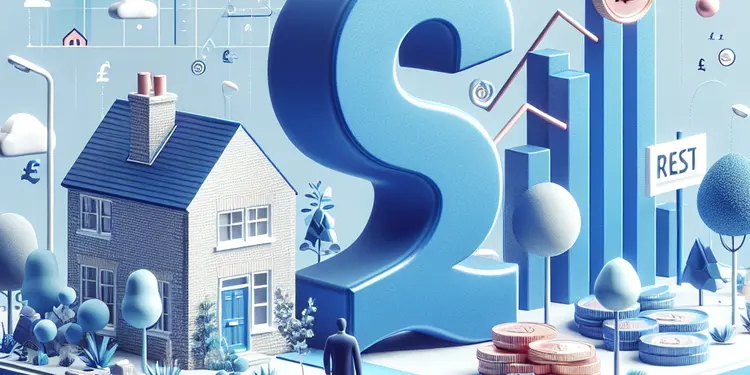
How do better interest rates help me save money?
Relevance: 34%
-
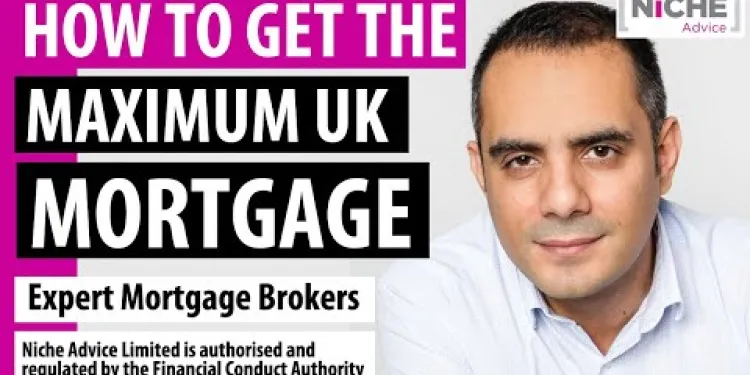
Getting the maximum mortgage in the UK
Relevance: 34%
-

The Ultimate Buy-To-Let Mortgage Breakdown
Relevance: 34%
-

First Time Buyer Buy to Let Finance Options. Lending Criteria on Mortgage and Bridging Finance
Relevance: 33%
-
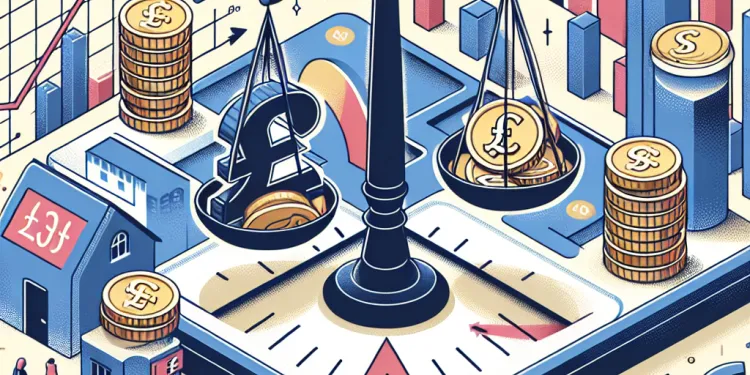
How do economic conditions influence interest rate changes?
Relevance: 32%
-
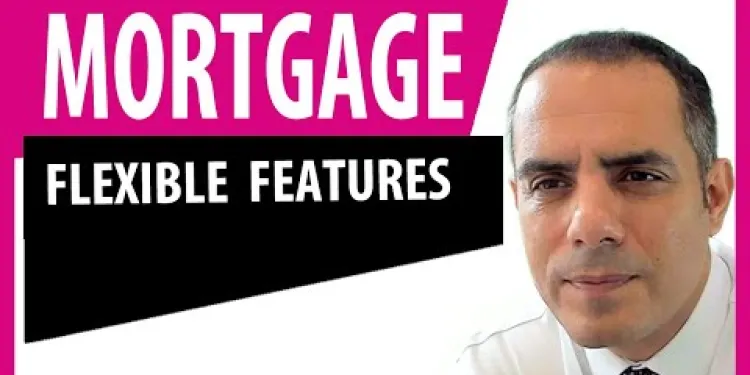
Mortgage Overpayment and Flexible Features Explained
Relevance: 30%
-

Uk Buy to Let for Older Clients - Mortgage Options Tips and Criteria
Relevance: 29%
-
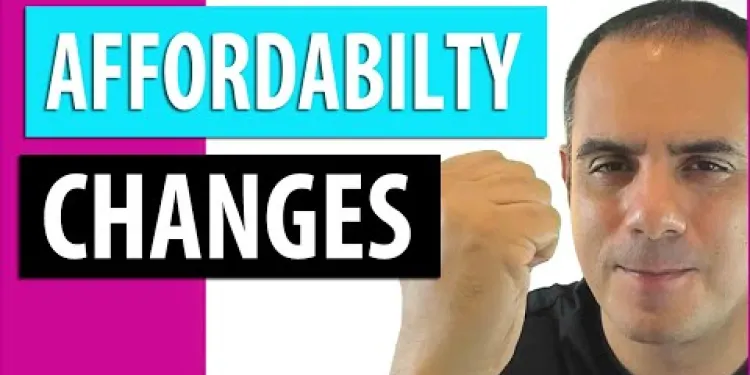
Mortgage Regulator removes the need for further affordability stress tests
Relevance: 29%
-

HMO Mortgage Truths - how to get the best Finance option including Bridging Loan Criteria
Relevance: 28%
-
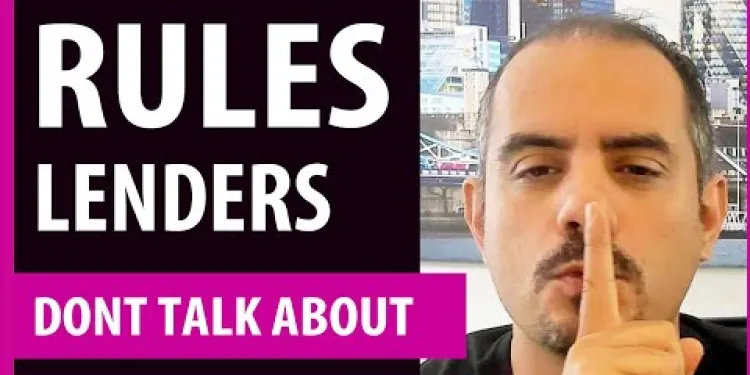
UK Mortgage Rules Lenders Don't Talk About - Debt To Income Ratio
Relevance: 28%
-
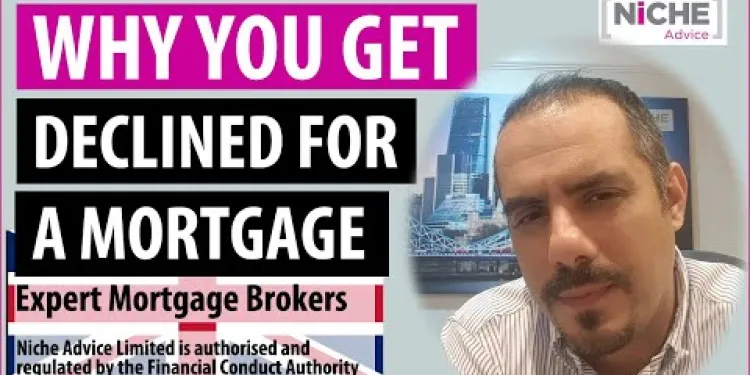
Mortgage Turned Down In The UK - Why mortgage applications are declined
Relevance: 28%
-
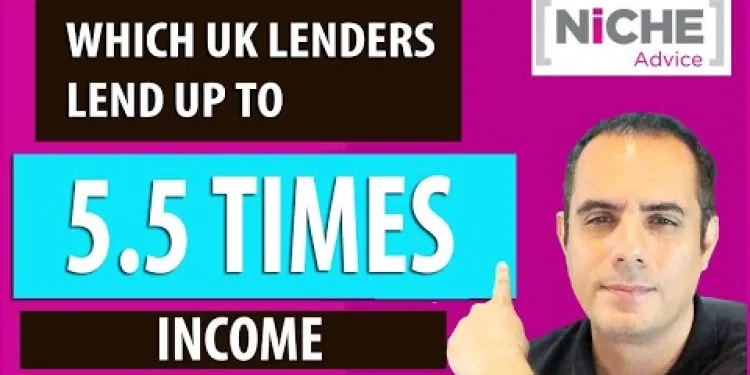
Highest Income Multiple Mortgage Lenders Revealed - Good and Bad Points
Relevance: 28%
-

Have energy prices in the UK historically fluctuated?
Relevance: 28%
-
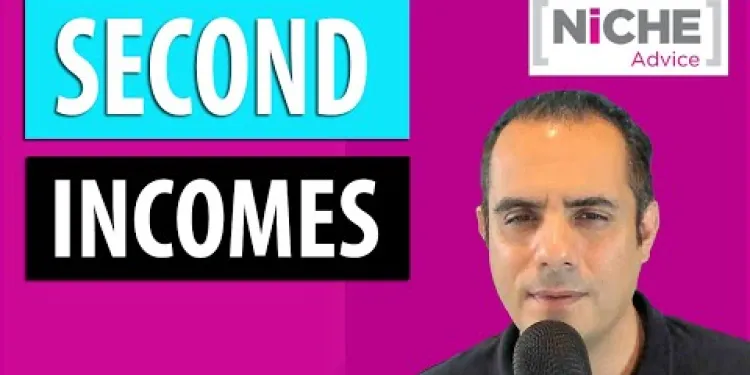
Using 100% of your Second Income for a Mortgage Application
Relevance: 28%
-

First Time Buyer Buy to Let Finance Options. Lending Criteria on Mortgage and Bridging Finance
Relevance: 28%
-
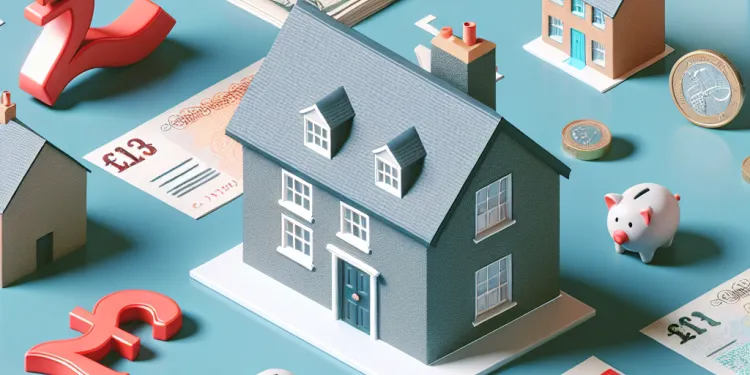
Can Stamp Duty be included in a mortgage in the UK?
Relevance: 27%
-
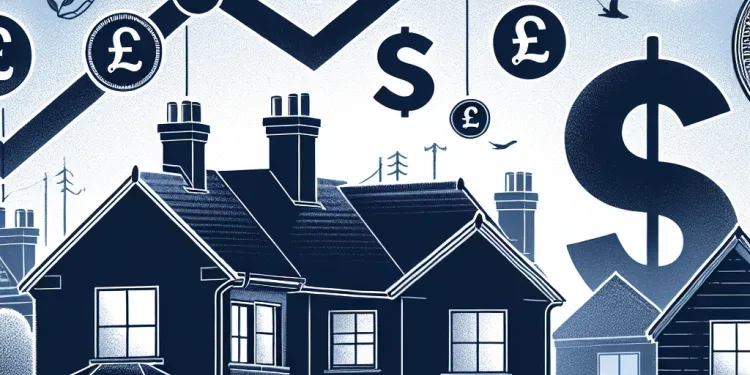
How do interest rate changes affect my mortgage balance?
Relevance: 27%
-
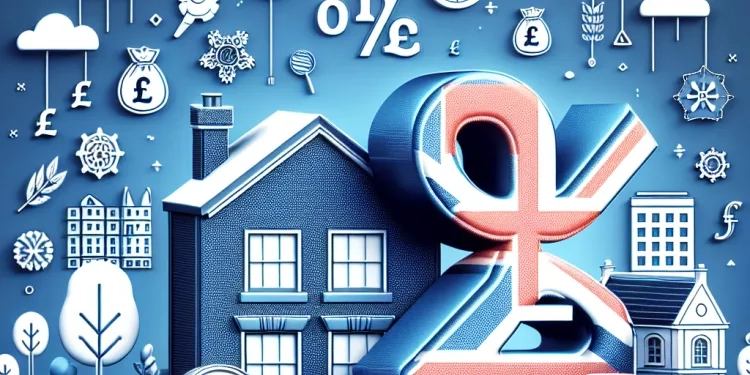
If I overpay on my mortgage, how will interest rate changes affect this?
Relevance: 27%
-

5 Broker Exclusive Buy to Let Mortgage Lenders you need to know about as a Landlord
Relevance: 26%
-
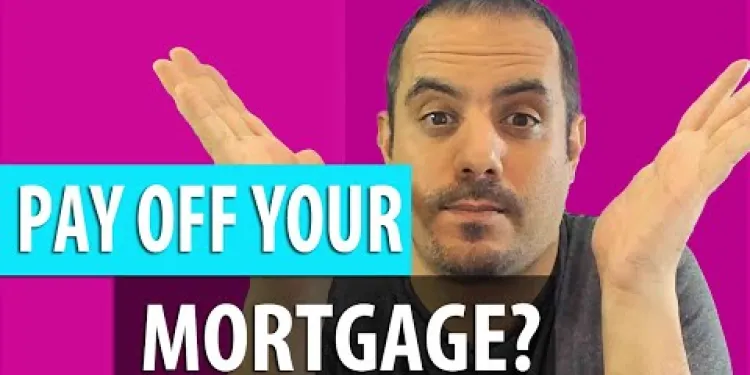
Should you Pay down your Residential Mortgage?
Relevance: 26%
-

Mortgage on Inherited Property - How we can help you with the finance
Relevance: 25%
Understanding Fixed-Rate Mortgages
A fixed-rate mortgage is a type of home loan where the interest rate remains constant throughout the agreed term. In the UK, typical fixed-rate periods can range from two to ten years. This stability means that your monthly payments remain the same, providing predictability and making budgeting easier for homeowners. These mortgages are popular among individuals who prefer knowing exactly what their financial obligations will be each month.
Interest Rate Fluctuations
Interest rates can fluctuate due to various economic factors, including changes by the Bank of England to the base rate. Typically, when the base rate changes, it affects variable-rate mortgages directly. However, with a fixed-rate mortgage, you are insulated from these fluctuations during the fixed period. This means that even if the Bank of England raises or lowers the base rate, your mortgage payments during the fixed term will remain the same. This protection is one of the primary benefits of choosing a fixed-rate mortgage.
What Happens at the End of the Fixed Term?
At the end of the fixed-rate period, your mortgage usually reverts to the lender's standard variable rate (SVR). The SVR can fluctuate in line with changes to the base rate, meaning your mortgage payments could increase or decrease. As a borrower, you can choose to remortgage to a new fixed-rate deal or another type of mortgage to better suit your financial situation and objectives. Many homeowners start exploring their options months before the end of the fixed term to avoid being moved to the potentially more expensive SVR.
Taking Action During the Fixed Term
During the fixed-rate period, it is crucial to remember that breaking your agreement, such as by remortgaging early or repaying the mortgage in full, might result in penalties known as early repayment charges. These charges can be significant and are designed to compensate the lender for the interest income they expected to earn. Therefore, while your payments are fixed, any desire to change your mortgage arrangement before the term ends should be carefully considered.
Conclusion
In the UK, a fixed-rate mortgage offers protection against interest rate fluctuations, ensuring that your payments remain consistent during the agreed term. This stability provides peace of mind and assists in managing household budgets. It is, however, important to keep in mind the implications of the mortgage reverting to a variable rate at the end of the term and plan accordingly. Staying informed about potential changes and exploring new mortgage deals in advance can help maintain financial stability and optimize your home loan strategy.
Understanding Fixed-Rate Mortgages
A fixed-rate mortgage is a type of loan for buying a home. With this loan, the amount of interest you pay stays the same for a set time. In the UK, this could be from two to ten years. This means your monthly payments won't change, which makes it easier to plan your spending. Many people like this kind of loan because they know exactly how much they need to pay each month.
Interest Rate Changes
Interest rates can go up or down because of different things in the economy. The Bank of England may change the main interest rate, called the base rate. When this happens, it can affect loans where the interest rate can change. But with a fixed-rate mortgage, your payments stay the same during the fixed period, no matter what happens to the base rate. This is a big advantage of having a fixed-rate mortgage.
What Happens at the End of the Fixed Period?
When the fixed-rate time ends, your loan usually switches to something called the standard variable rate (SVR). The SVR can go up or down, which means your payments might change. Before this happens, you can choose to look for another fixed-rate deal or a different kind of loan. It’s a good idea for homeowners to start looking at their choices a few months before the fixed period ends so they aren’t surprised by changes in payments.
Making Changes During the Fixed Period
If you want to change your loan during the fixed time, like paying it off early or switching to another deal, you might have to pay fees called early repayment charges. These fees can be a lot of money because the lender was expecting to get paid the interest over the full term. So, even though your payments are stable, it’s important to think carefully before making changes to the loan before the time is up.
Conclusion
In the UK, a fixed-rate mortgage helps keep your payments the same, giving you peace of mind and making it easier to manage your money. However, remember that after the fixed period ends, your loan might change to a rate that can vary. Stay informed about any changes, and look into new mortgage deals ahead of time to keep your payments stable and make the most of your loan.
Frequently Asked Questions
What is a fixed-rate mortgage?
A fixed-rate mortgage is a type of home loan where the interest rate remains constant throughout the duration of the loan, which means your monthly payments stay the same.
Will my fixed-rate mortgage payments change if interest rates rise?
No, if you have a fixed-rate mortgage, your payments will not change if interest rates rise.
Can a fixed-rate mortgage change if interest rates fall?
No, with a fixed-rate mortgage, the rate and payment amounts remain the same even if interest rates fall.
How long is the term for a typical fixed-rate mortgage?
Fixed-rate mortgages commonly have terms of 15, 20, or 30 years.
Are there any advantages to a fixed-rate mortgage?
Yes, a fixed-rate mortgage provides predictability and stability with consistent monthly payments, making budgeting easier.
Can the lender change the interest rate on my fixed-rate mortgage?
No, the lender cannot change the interest rate on a fixed-rate mortgage once it is set at the start of the loan.
Will my property taxes affect my fixed-rate mortgage payments?
While property taxes may increase, affecting your escrow payments, the principal and interest portion of your fixed-rate mortgage will remain unchanged.
Is a fixed-rate mortgage suitable for first-time homebuyers?
Yes, fixed-rate mortgages are often recommended for first-time homebuyers due to their stability and predictability.
Are there any downsides to choosing a fixed-rate mortgage?
A potential downside is that fixed-rate mortgages do not benefit from decreases in market interest rates.
What happens to my fixed-rate mortgage if I refinance?
If you refinance, you will replace your existing mortgage with a new one, potentially with different terms or a different type of interest rate.
Can I switch from a fixed-rate to an adjustable-rate mortgage?
Yes, you can switch from a fixed-rate to an adjustable-rate mortgage through refinancing.
Do fixed-rate mortgages have prepayment penalties?
Some fixed-rate mortgages may have prepayment penalties, so it’s important to check the terms of your loan agreement.
How does inflation affect my fixed-rate mortgage?
Inflation does not directly affect the terms of a fixed-rate mortgage, but it can impact your purchasing power and cost of living.
Can my fixed-rate mortgage payments change if I miss a payment?
While missing a payment won’t change the set interest rate, it can lead to penalties or additional fees, affecting your overall payments.
Does credit score affect fixed-rate mortgage interest rates?
Yes, a better credit score can secure a lower interest rate at the time of taking out the fixed-rate mortgage.
Can extra payments reduce the term of my fixed-rate mortgage?
Yes, making extra payments can reduce the principal balance quicker and shorten the term of your loan.
How do fixed-rate mortgage rates compare with other types of loans?
Fixed-rate loans generally have higher initial rates than adjustable-rate loans, but they offer greater security against future increases.
Is it possible to renegotiate a fixed-rate mortgage?
Renegotiation typically requires refinancing, which involves replacing your existing mortgage with a new loan.
What factors should influence my decision to choose a fixed-rate mortgage?
Consider if you value payment stability, if you plan to stay in your home for a long time, and your tolerance for interest rate fluctuations.
What’s the process for obtaining a fixed-rate mortgage?
The process generally involves getting pre-approved, selecting a lender, completing an application, and undergoing the underwriting process before closing.
What is a fixed-rate mortgage?
A fixed-rate mortgage is a type of home loan.
With this loan, the interest rate stays the same.
This means your monthly payments stay the same too.
Helpful Tips:
- Use a calculator to plan your budget.
- Ask someone to help you understand big words.
A fixed-rate mortgage is a kind of home loan. The interest rate does not change during the loan. This means your monthly payments will always be the same.
Will my fixed-rate mortgage payments go up if interest rates rise?
If you have a fixed-rate mortgage, your payments stay the same. This means you pay the same amount every month, even if interest rates go up.
A fixed-rate mortgage is like having a promise that your payment won't change. It's good because it helps you plan your money.
If you are worried about your mortgage, you can ask for help. Talking to a money expert or using online tools can help you understand better.
No, your payments will not change if you have a fixed-rate mortgage, even if interest rates go up.
Can a fixed-rate mortgage change if interest rates go down?
A fixed-rate mortgage is a loan where you pay the same amount every month. The interest rate does not change.
If interest rates go down, your fixed-rate mortgage will not change. You still pay the same amount each month.
If you want to pay less, you might need to refinance your mortgage. This means getting a new loan with a lower interest rate.
Talking to a financial advisor can help you understand your choices.
No, if you have a fixed-rate mortgage, the amount you pay stays the same. This is true even if interest rates go down.
How long do you pay a normal fixed-rate home loan?
Fixed-rate mortgages are loans for buying a house. You can pay them back in 15, 20, or 30 years.
What are the good things about a fixed-rate mortgage?
A fixed-rate mortgage has some good sides. Let's look at them:
- The interest you pay stays the same. This means you always pay the same amount each month.
- It helps you plan your money. You know how much you need to pay and can save for other things.
To help you understand more, you can ask someone who works with money, like a bank worker. They can answer your questions.
Using pictures or charts can also help you see how it works.
Yes, a fixed-rate mortgage is a loan where the amount you pay every month stays the same. This helps you plan your money better.
Can the bank change the interest rate on my fixed-rate mortgage?
A fixed-rate mortgage means your interest rate stays the same.
With a fixed-rate mortgage, the bank usually cannot change the interest rate.
It is a good idea to ask your bank if you are unsure.
You can also get help from a friend or family member to understand more.
No, the bank cannot change the interest rate on a fixed-rate mortgage once it is set at the start of the loan.
Will my house taxes change my mortgage payments?
If you pay taxes on your house, will it change your fixed payment on your loan?
Your fixed loan payment usually stays the same.
But, if house taxes go up or down, your total costs might change.
If you're not sure about home costs, you can use a calculator.
Sometimes, talking to a money helper can be good too.
If property taxes go up, you might pay more into escrow. But the main loan amount and the interest on your fixed-rate mortgage will not change.
Is a fixed-rate mortgage good for people buying a home for the first time?
Yes, fixed-rate home loans are good for people buying a house for the first time. They are steady and don't change. This makes them easier to plan for.
Are there any bad things about choosing a fixed-rate mortgage?
A fixed-rate mortgage is a type of loan where the interest rate stays the same. One downside is that if interest rates go down, your rate will not change. This means you won't pay less.
What if I change my fixed-rate mortgage?
A fixed-rate mortgage is where you pay the same amount every month. If you decide to change this, it's called refinancing.
Refinancing means you get a new loan to pay off your old one. After this, you might pay more, less, or the same amount each month.
If you don't understand something, you can:
- Ask someone you trust to help explain it.
- Use a calculator to see how the changes affect your payments.
- Get advice from your bank or a money expert.
If you refinance, you get a new loan to pay off your old one on your house. This new loan might have different rules or a new kind of interest rate.
Can I change my mortgage type?
Yes, you can change your mortgage. You can switch from a fixed-rate mortgage to an adjustable-rate mortgage. Talk to your bank or lender to learn how.
Here are some tips to help:
- Ask questions if you do not understand.
- Use simple words to explain what you want.
- Bring a trusted person to help you talk to the bank.
Yes, you can change your mortgage from a fixed-rate to an adjustable-rate by refinancing.
Do Fixed-Rate Home Loans Have Extra Fees if You Pay Early?
Some home loans have rules that make you pay extra money if you pay them off early. It's a good idea to read your loan papers carefully to see if this applies to you.
What happens to my fixed-rate mortgage when prices go up?
A fixed-rate mortgage means your monthly payment stays the same.
If prices for things like food and gas go up, this is called inflation. Even with inflation, your mortgage payment doesn’t change. This can be good because you know what you need to pay each month.
But because prices are higher, you might have less money to spend after paying your mortgage.
Helpful tools:
- Use a budget to see how much money you have.
- Talk to someone you trust if you need help understanding your payments.
Inflation does not change a fixed-rate mortgage, but it can make things more expensive and affect how much you can buy with your money.
What happens if I miss a payment on my fixed-rate mortgage?
If you miss a payment on your fixed-rate mortgage, your monthly amount will not change. But you might have extra fees.
If you are worried, you can:
- Talk to your bank or lender.
- Ask a family member or friend for help.
- Use a budget app to keep track of your money.
If you miss a payment, your interest rate will stay the same. But you might have to pay extra fees or penalties. This means you could end up paying more money overall.
Will my credit score change my fixed-rate mortgage interest rate?
If you want to borrow money to buy a home, it's called a mortgage. A fixed-rate mortgage means your monthly payment stays the same. Your credit score is a number that shows how good you are at paying back money.
If you have a good credit score, you might get a lower interest rate. This means you pay less extra money to the bank. If your credit score is not so good, the bank might ask for a higher interest rate. This means you pay more extra money.
If you find these ideas tricky, you can use tools to help you understand. You could ask someone to explain it to you, or use simple budget apps to see how interest works.
Yes, having a good credit score can help you get a lower interest rate when you borrow money with a fixed-rate mortgage.
Can I pay off my fixed-rate mortgage faster with extra payments?
Yes, paying extra money can help you pay off your loan faster and make it shorter.
How are fixed-rate mortgage rates different from other loans?
Fixed-rate loans usually start with higher costs than loans with changing rates. But they are safer because the costs won't go up in the future.
Can you change a fixed-rate mortgage?
A fixed-rate mortgage means you pay the same amount of interest all the time.
Sometimes, people want to change this deal.
It can be hard to change a fixed-rate mortgage.
If you need help, you can talk to your bank or a mortgage advisor.
Using pictures or diagrams can also help you understand better.
Changing your home loan usually means getting a new loan to replace your old one.
What should I think about when choosing a fixed-rate mortgage?
A fixed-rate mortgage is when your payments stay the same each month. Here are some things to think about:
- Money: Can you pay the same amount every month?
- Budgeting: Do you like knowing how much to pay each time?
- Security: Do you like feeling safe with no payment surprises?
- Length: How long do you want to stay in your home?
Ask someone you trust for help if you need it. Using a calculator can also help you understand your payments better.
Think about these things:
- Do you like having the same payments every time?
- Are you planning to live in your house for a long time?
- Are you okay if interest rates go up and down?
To help you decide, you can use tools like a calculator to see how your payments might change. Talking to a financial advisor or using online resources can also give you more information.
How do you get a fixed-rate mortgage?
Getting a fixed-rate mortgage means you borrow money from a bank to buy a house. You will pay the same amount every month. Here is how you can get one:
- Check your money: Make sure you know how much money you have and how much you earn.
- Find a bank: Look for a bank or a lender that can give you a loan.
- Apply for a loan: Fill out forms with your details. You'll need to show how much money you make and spend.
- Get approval: The bank will check your details. If everything is okay, they will say yes to your loan.
- Agree on the loan: You will sign papers to agree to borrow the money.
- Buy the house: Use the loan to pay for your new home.
If you need help, you can ask a family member or friend. You can also use online tools to keep track of your money.
Here is how it works:
1. First, you get pre-approval. This means the bank looks at your money and says, “Yes, you can borrow!”
2. Next, you pick a lender. A lender is a bank or company that gives you money.
3. Then, you fill out an application form. This is like answering questions about your money and what you want to borrow.
4. After that, there is an underwriting process. This is when the bank checks everything again to make sure it all makes sense.
5. Finally, you reach closing. This is when you get the money!
For help, try these tips:
- Use a friend or family member to help read the forms with you.
- Use a calculator to help with numbers.
- Ask lots of questions until you understand everything.
Useful Links
This website offers general information and is not a substitute for professional advice.
Always seek guidance from qualified professionals.
If you have any medical concerns or need urgent help, contact a healthcare professional or emergency services immediately.
Some of this content was generated with AI assistance. We’ve done our best to keep it accurate, helpful, and human-friendly.
- Ergsy carfully checks the information in the videos we provide here.
- Videos shown by Youtube after a video has completed, have NOT been reviewed by ERGSY.
- To view, click the arrow in centre of video.
- Most of the videos you find here will have subtitles and/or closed captions available.
- You may need to turn these on, and choose your preferred language.
- Go to the video you'd like to watch.
- If closed captions (CC) are available, settings will be visible on the bottom right of the video player.
- To turn on Captions, click settings .
- To turn off Captions, click settings again.
More Items From Ergsy search
-

Will my fixed-rate mortgage payments change with interest rate fluctuations?
Relevance: 100%
-

How do interest rate changes affect my mortgage payments?
Relevance: 68%
-

What is a tracker mortgage and how does it respond to interest rate changes?
Relevance: 66%
-

Is it possible to switch my mortgage type if interest rates become unfavourable?
Relevance: 63%
-

What happens to my monthly payments if interest rates rise?
Relevance: 56%
-

What does it mean to "Fix My Mortgage Rate"?
Relevance: 55%
-

Major Banks Announce Changes in Interest Rates: Are You Affected?
Relevance: 53%
-

Are first-time buyers affected differently by interest rate changes?
Relevance: 51%
-

What is an SVR and how does it relate to interest rate changes?
Relevance: 49%
-

How can I protect myself from rising interest rates?
Relevance: 48%
-

What should I do if I can't afford my mortgage payments due to rising interest rates?
Relevance: 48%
-

Can my lender change my interest rate without notification?
Relevance: 46%
-

What is an 'interest only' mortgage?
Relevance: 45%
-

Why do interest rates rise and fall?
Relevance: 39%
-

How does interest rate affect my car finance agreement?
Relevance: 37%
-

How do better interest rates help me save money?
Relevance: 35%
-

Can fixed-rate tariffs offer better price stability compared to variable tariffs?
Relevance: 35%
-

How much can I borrow for a mortgage UK - getting the Maximum Mortgage
Relevance: 35%
-

Can interest rates on student loans be reduced?
Relevance: 34%
-

How do better interest rates help me save money?
Relevance: 34%
-

Getting the maximum mortgage in the UK
Relevance: 34%
-

The Ultimate Buy-To-Let Mortgage Breakdown
Relevance: 34%
-

First Time Buyer Buy to Let Finance Options. Lending Criteria on Mortgage and Bridging Finance
Relevance: 33%
-

How do economic conditions influence interest rate changes?
Relevance: 32%
-

Mortgage Overpayment and Flexible Features Explained
Relevance: 30%
-

Uk Buy to Let for Older Clients - Mortgage Options Tips and Criteria
Relevance: 29%
-

Mortgage Regulator removes the need for further affordability stress tests
Relevance: 29%
-

HMO Mortgage Truths - how to get the best Finance option including Bridging Loan Criteria
Relevance: 28%
-

UK Mortgage Rules Lenders Don't Talk About - Debt To Income Ratio
Relevance: 28%
-

Mortgage Turned Down In The UK - Why mortgage applications are declined
Relevance: 28%
-

Highest Income Multiple Mortgage Lenders Revealed - Good and Bad Points
Relevance: 28%
-

Have energy prices in the UK historically fluctuated?
Relevance: 28%
-

Using 100% of your Second Income for a Mortgage Application
Relevance: 28%
-

First Time Buyer Buy to Let Finance Options. Lending Criteria on Mortgage and Bridging Finance
Relevance: 28%
-

Can Stamp Duty be included in a mortgage in the UK?
Relevance: 27%
-

How do interest rate changes affect my mortgage balance?
Relevance: 27%
-

If I overpay on my mortgage, how will interest rate changes affect this?
Relevance: 27%
-

5 Broker Exclusive Buy to Let Mortgage Lenders you need to know about as a Landlord
Relevance: 26%
-

Should you Pay down your Residential Mortgage?
Relevance: 26%
-

Mortgage on Inherited Property - How we can help you with the finance
Relevance: 25%


